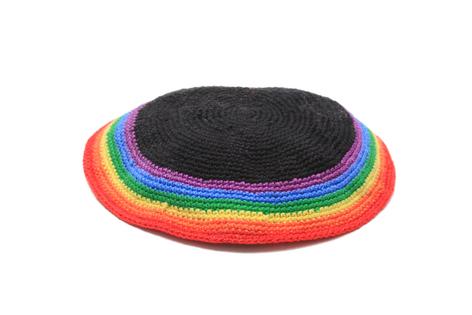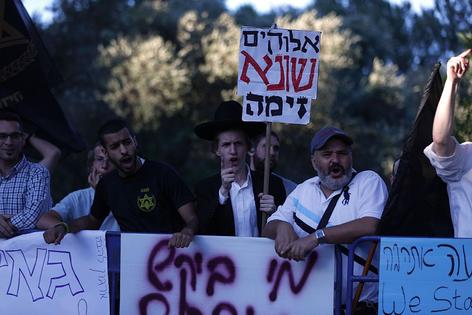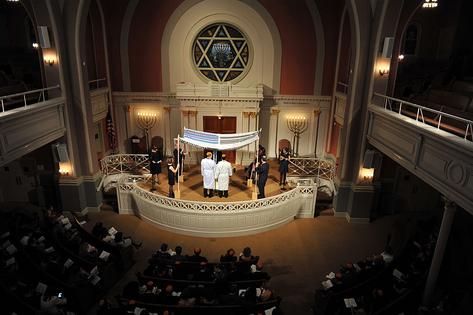Orthodox Judaism can still be a difficult world for LGBTQ Jews – but in some groups, the tide is slowly turning
Published in News & Features
Yeshiva University, the storied modern Orthodox Jewish university in New York City, is in the midst of a legal battle over its refusal to recognize the YU Pride Alliance, an undergraduate club.
While YU does not object to LGBTQ students’ presence, it claims that the club is inconsistent with Jewish teachings. The Pride Alliance sued the university for discrimination in 2021, and YU countered that being required to give the club official status would violate religious freedom.
As the legal case drags on, YU made a move that outsiders may find puzzling. In October 2022, it launched a university-sanctioned alternative LGBTQ club. Calling it Kol Yisrael Areivim, the administration touted this initiative as a compromise balancing Jewish law and YU’s values with students’ needs for a safe space.
The controversy showcases longstanding resistance to LGBTQ acceptance in many parts of the Orthodox Jewish world. Yet YU’s decision to found its own club is, in and of itself, a sign of slow change.
I am an ethnographer whose research focuses on gender, sexuality and religion, especially in Judaism. Ideas about LGBTQ inclusivity have been rapidly evolving and diversifying since the turn of the 21st century, as I document in “Queer Judaism,” my forthcoming book about homosexuality and Orthodox Judaism in Israel.
The phrase “Orthodox Judaism” can refer to a wide array of traditions. One of the most significant divides is between “modern Orthodoxy,” whose adherents follow traditional Jewish law but are integrated into secular society, and Haredi or “ultra-Orthodox” Jews, who are more segregated and claim that their interpretation of Judaism is more authentic.
Jewish law assigns many religious responsibilities on the basis of rigid gender categories, male and female. Most Orthodox Jews maintain that the Bible forbids homosexual relationships and identities, and emphasize that only marriages that consist of a husband and wife are consistent with Jewish tradition.
The dozens of gay, lesbian and bisexual Orthodox Jews I interviewed candidly spoke of the indignities they encountered trying to fit into these expectations: experiences of shame, secrecy, denial, repression, family drama and spiritual harm. Some had been kicked out of educational institutions, felt unwelcome in synagogue or wrestled with depression and even suicidal thoughts.
Many had seen their life plans shatter, or weathered crises of faith and a yearning to be “normal.” One anonymous contributor to a Facebook page for religious LGBTQ people wrote that to be an Orthodox gay person is “to be afraid of yourself. To hate yourself. To be sure that under the mask there’s a monster and hope that it will never be revealed.”
One man I interviewed was advised by a rabbi to “meet a delicate woman to show masculinity, study lots of Torah, work out. … He promised that eventually I will be attracted to a woman … fall in love, marry.” Many described harmful “therapeutic” interventions. One woman’s parents insisted that “there’s a treatment for this. There are psychologists who can help … It’s not something you’re born with, you’re not a lesbian. So if you want that will be your choice.” Research has found that so-called conversion therapy to “overcome” same-sex attraction is ineffective and likely to cause significant harm.
...continued













Comments